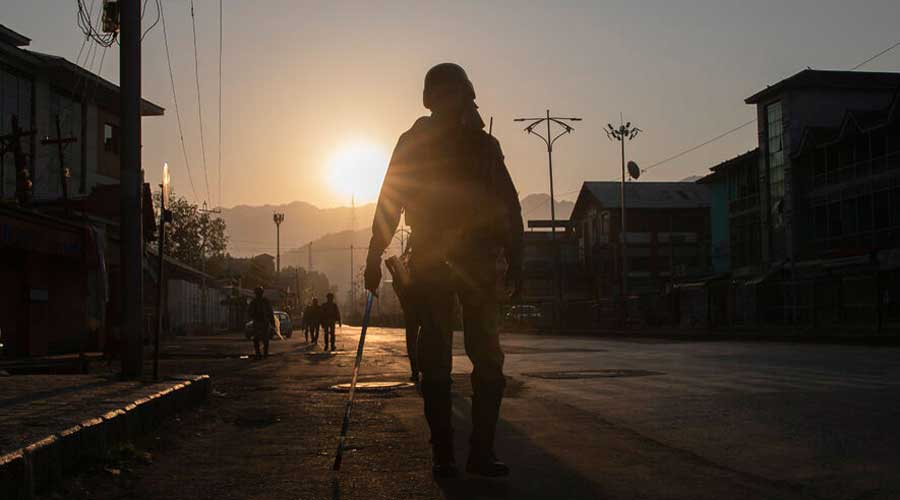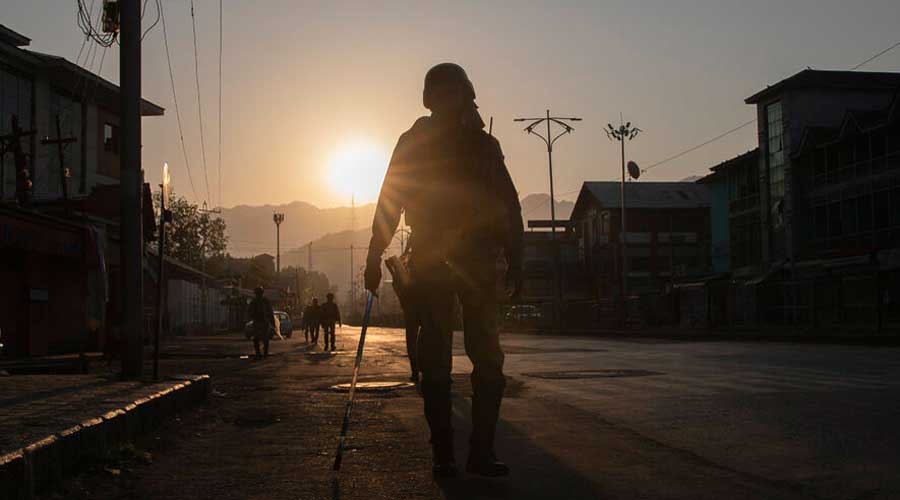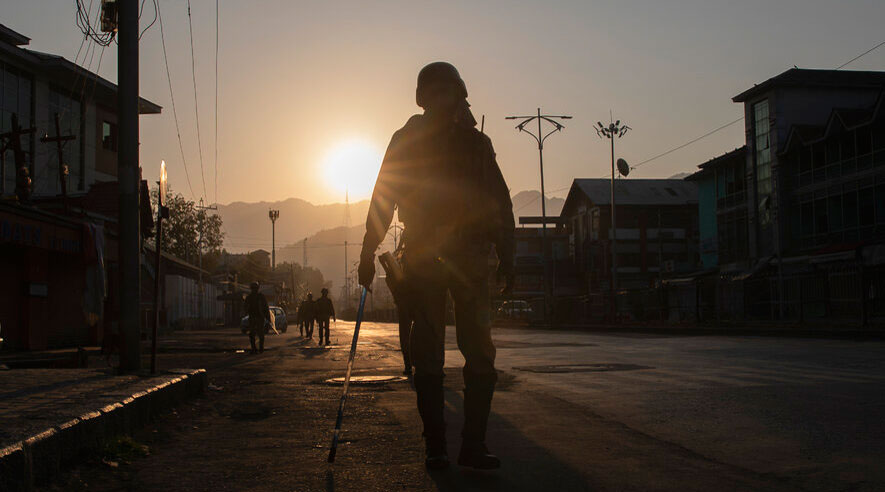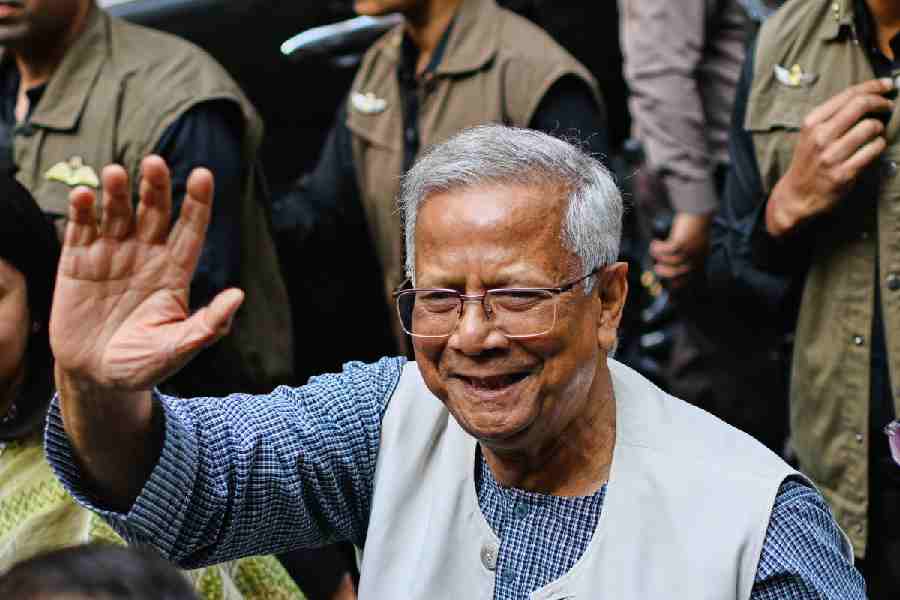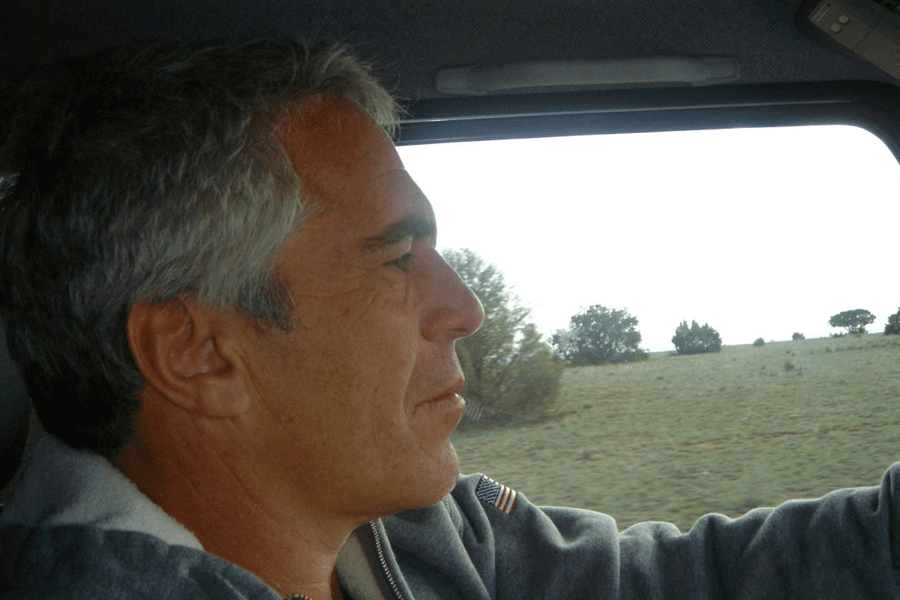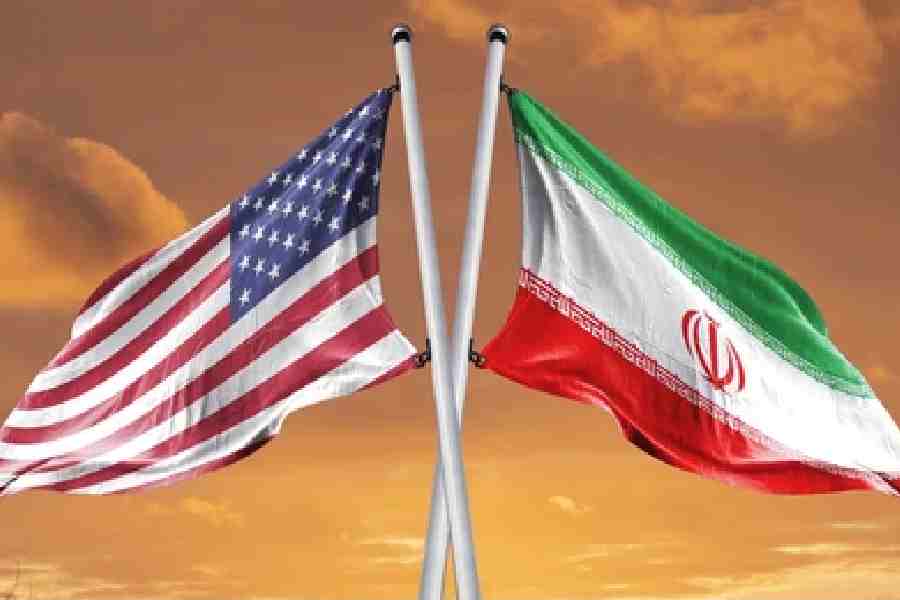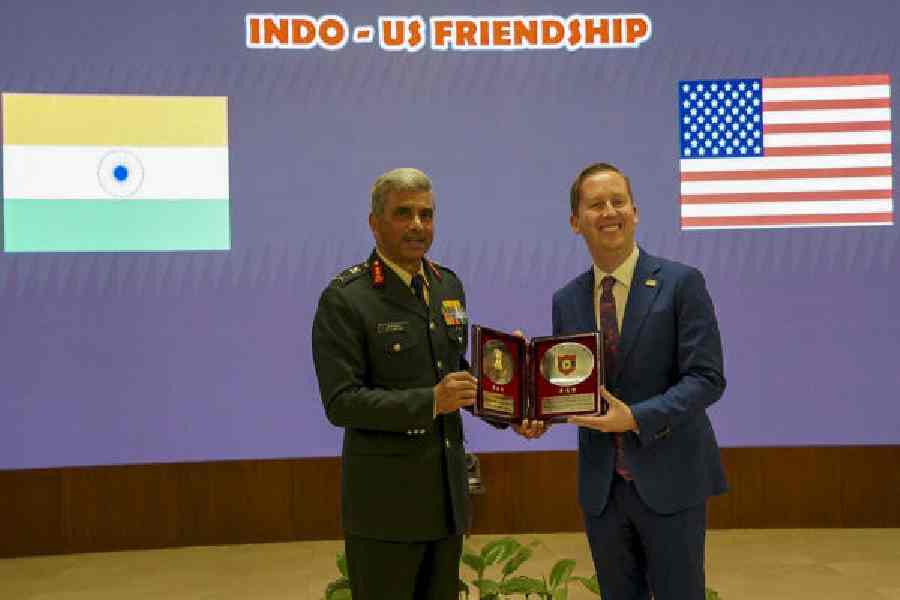As a nomadic shepherd, Mohammad Yousuf has always been on the move but on Saturday he embarked on the most agonising journey of his life.
Yousuf was accompanying his dead son Mohammad Abrar, 25, lying in a brand new wooden coffin that concealed his bullet-disfigured body, now in the early stages of decay.
The bodies of Abrar — father of an 18-month-old boy — and his cousins Ibrar and Imtiyaz, killed in an alleged fake encounter by the army in Shopian in July, were exhumed early on Saturday. This was 73 days after they had been buried in the remote village of Gantimulla in Baramulla, north Kashmir.
Yousuf and a few other family members had travelled all the way from their home in Rajouri, Jammu, on Friday to take the bodies back.
On Saturday, the 240km trip back home felt like a journey without end.
“My son’s face is smashed, as with the other guys. What had they done to deserve this? They killed my innocent son without reason,” Yousuf told The Telegraph.
“I’m over 50, but never in my life have I felt so much pain during any journey. We left the village (Gantimulla) at 5.30am and would be reaching home in the evening. But this journey seems unending.”
The three victims had travelled to Kashmir in search of livelihood so they could help their poor families, further impoverished by the pandemic.
On July 17 night, they fell to bullets fired by the army’s 62 Rashtriya Rifles at Amshipora, Shopian. The army claimed the trio were unidentified militants.
As is the norm with unidentified militants, they were buried in a remote graveyard in Baramulla. On August 10, the families stumbled upon social media pictures of the three “dead militants” and realised they were their missing children.
After an uproar, the police and the army launched separate investigations. Several weeks later, the police confirmed a DNA match between samples taken from the Rajouri families and the slain youths.
The government has promised justice, something in short supply for bereaved families in Kashmir. But Yousuf has not given up hope.
“It’s now confirmed that they killed innocent men. They should be punished,” he said.
Activist Guftar Ahmad, who has been leading the campaign for justice and accompanied the families to Baramulla and back, said the bodies had been fully or partially disfigured from gunshot wounds.
“Imtiyaz’s face was burnt beyond recognition. Abrar’s face had gunshot wounds and Ibrar’s chest was riddled with bullets,” he said.
“The families wept as the bodies were exhumed. Thousands thronged the village as we returned home. All the people are in mourning.”
Ibrar, a 17-year-old Class XI student, was the youngest of the three. Imtiyaz was 22.
The families had fought for the return of the bodies so they could be given a traditional burial in their ancestral graveyards.
Security forces were deployed in strength during the exhumation, and the media were prevented from getting close.
There were no names on the three graves, nor on any of the others in the graveyard — the resting place allegedly of militants killed in encounters. Still, locating the trio’s graves was not difficult. The gravedigger, familiar with their pictures circulating on social media, identified the graves.
Guftar said the three had been buried in graves number 65, 66 and 67 — a grim reminder of how the Valley is home to numerous graves of unidentified men.
The state human rights commission says Jammu and Kashmir has thousands of such graves. The government claims these are the graves of Pakistani militants killed in gunfights.
But the Kashmir-based Association of Parents of Disappeared Persons believes that many of the graves are those of their members’ missing sons. The association alleges that 8,000 Kashmiris have “disappeared” while in the custody of security forces.
Last month, nine UN rapporteurs wrote to the Centre seeking an investigation into the allegations of forced disappearance and mass graves in Jammu and Kashmir.

